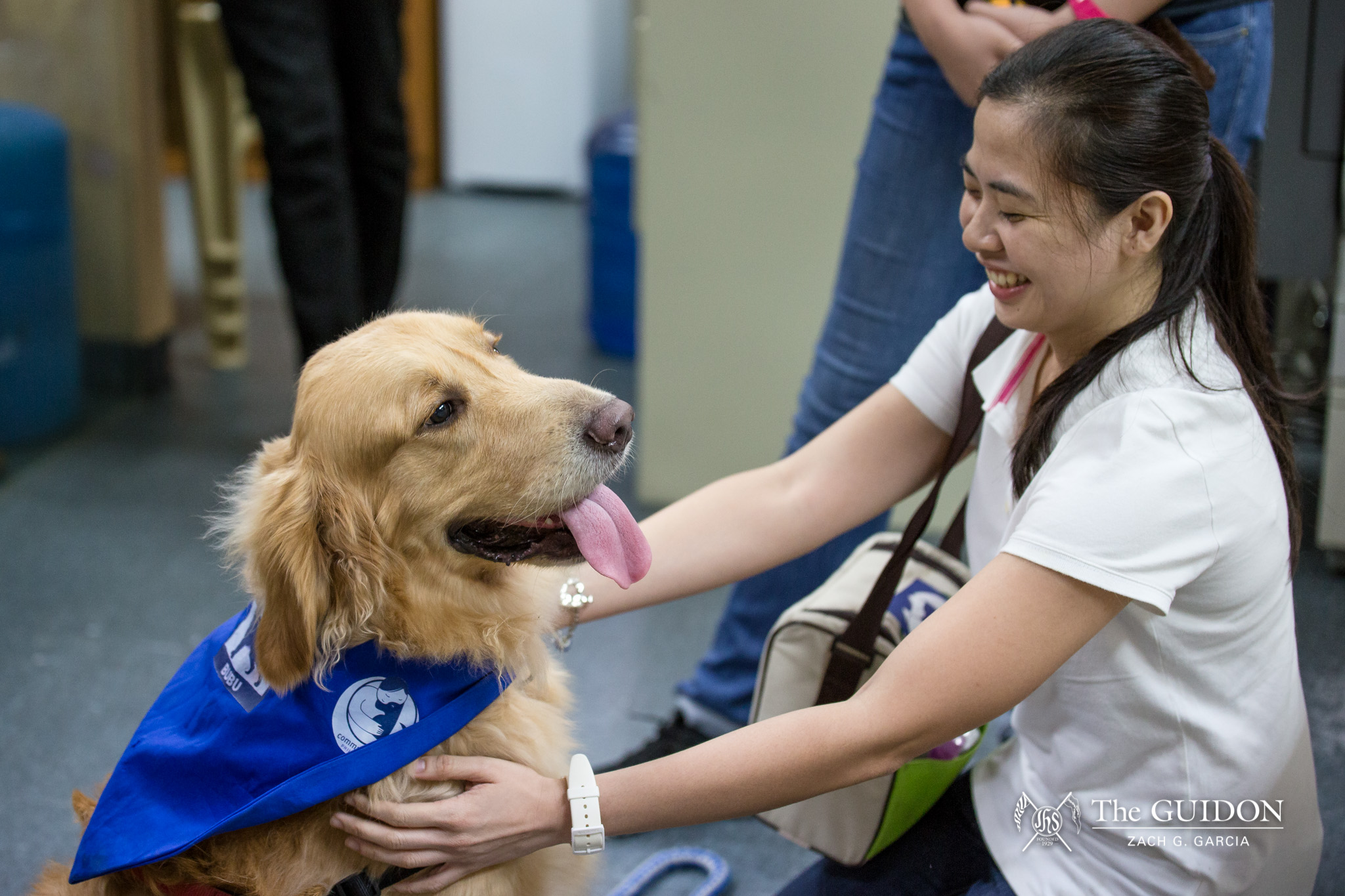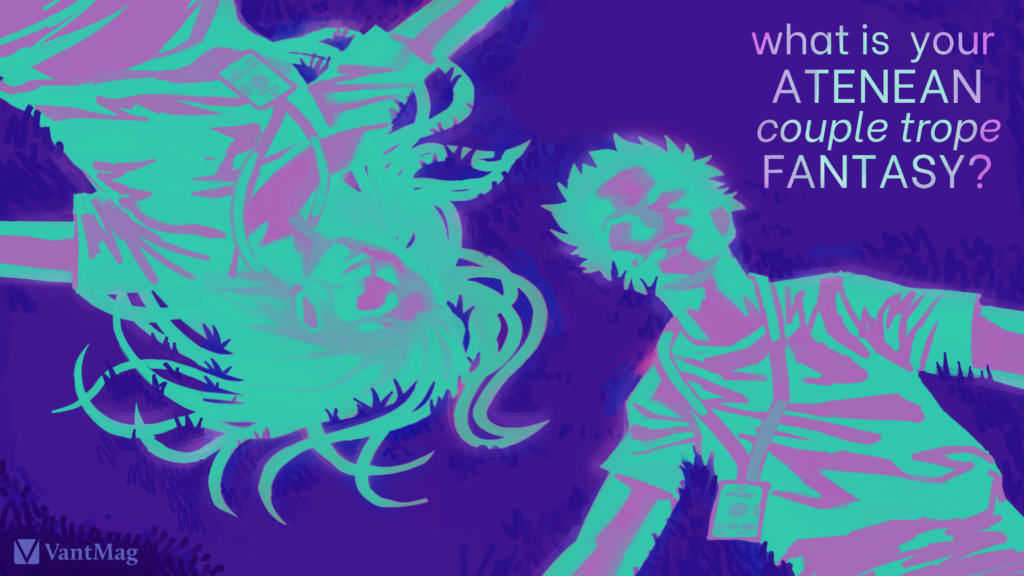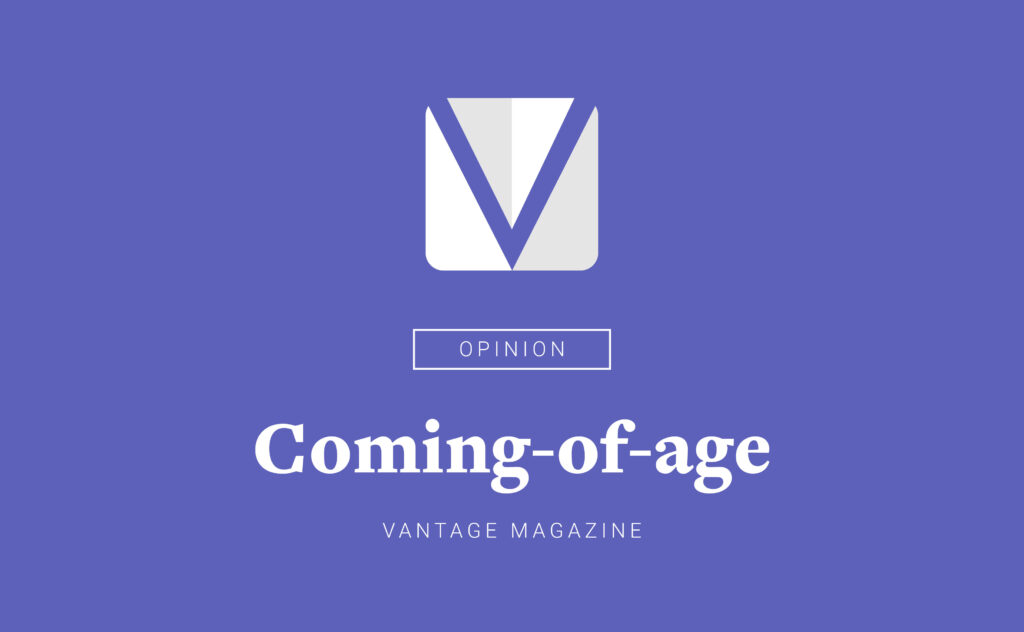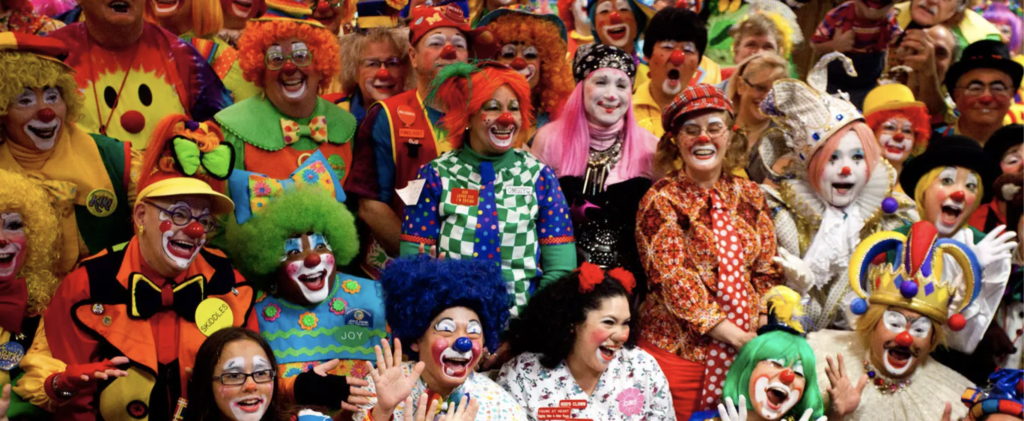Being “man’s best friend” is no easy task. Dogs, however, claim that role in all shapes and sizes of adorable—just scroll through puppy pictures on social media to see why. So when the Loyola Schools Office of Guidance and Counseling (LSOGC) announced its team’s furriest addition yet, Ateneans were understandably excited to meet him.
Bubu is a therapy animal: A bouncy three-year-old golden retriever ready to brighten anyone’s day. Since his first campus visits last December, students have petted him, played with him, and treated him to a few belly rubs here and there. Nonetheless, Bubu’s presence isn’t just about recreation, but a much deeper sense of healing.
Bringing in Bubu
Bubu isn’t the first dog to set paw in Ateneo. Through the Ateneo Biological Organization’s (BOx) annual Bring Your Own Dog Day, the LSOGC saw how much students enjoyed having canine companions around. “I thought that having dogs would help those with mental concerns,” says LSOGC Director Gary Faustino. “I said that maybe [this initiative] could be permanent.”
After hearing Faustino’s ideas, Ronald Cruz, MSc, assistant professor at the Biology Department, introduced him to Communitails, an organization dedicated to human-animal partnerships. Cruz, along with Communitails President Dr. Carla Azucena, helped LSOGC pave the way for Bubu’s campus appearances.
“After an orientation [from Communitails], we started to experiment. We invited some students who were stressed out, and we ran pretests and posttests,” Faustino explains. “There’s a report, which we call the Beck Depression Inventory. So there are 21 questions about depression, stress, et cetera. And stress levels went down overtly because [the students] were happy to see the dog.”
The gentle giant is a “dogtor” in his own right. Much like any other health professional, Bubu had to undergo extensive training. “[The animals] have to get used to whatever environment you’re bringing them in, [and] Bubu has been going through training since last year,” says Azucena.
Bubu as therapy
Bubu’s hard work paid off. In December 2016, he was officially cleared to take part in animal-assisted activities (AAA) on campus. AAA refer to facilitated interactions with Bubu that involve a lot of fun, playful, and even wet (he has a penchant for licking faces) moments in the LSOGC. Under the supervision of Azucena, students are able to hug, feed, and do tricks with the lovable dog, all in the name of de-stressing.
AAA may seem simple, but they do wonders in lifting students’ moods. “[Participants] are able to receive the love and affection from the animal, but they’re also able to give it back,” says Azucena. “It’s sort of a complete way of doing therapy.”
Cruz further explains why AAA work so well. “[The] primary reason why therapy animals [are] effective in complementing therapy procedures is [that] animals have a non-judgmental stance,” he shares. “For example, a dog won’t judge you [and] he will love you unconditionally regardless of your situation.”
This is not to say that Bubu can replace a licensed counselor—Azucena stresses this limitation. Therapy animals, though, can reach out to patients in ways that health professionals often find difficult.
“Students come to Bubu and ask for a hug, when we only wish we could do the same thing as health professionals without compromising the integrity of the client and professionalism,” she says. “With the dog, it’s so easy to get that personal touch.”
The ‘dogtor’ is in
Needless to say, Ateneans find comfort in Bubu’s company. It’s a battle for the slots once LSOGC posts sign-up sheets on their Facebook page, especially since Bubu has no fixed office hours. The first five to six students who sign up get to bond with him for an hour (and no more than that, because he gets tired, too). Either way, there’s enough petting and cooing involved for everyone’s satisfaction and well-being.
With wet kisses, belly rubs, and fluffy hugs, Bubu is definitely a warm addition to the Ateneo community. Expect to see more of our tail-wagging friend as he offers friendship and healing to all individuals in need.






